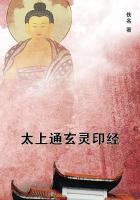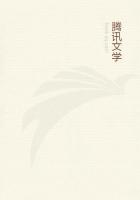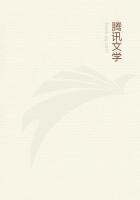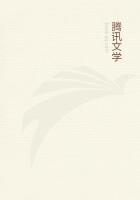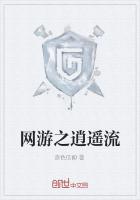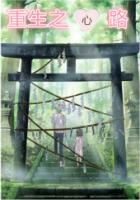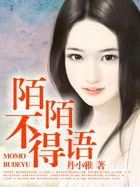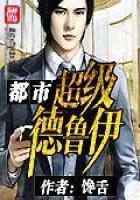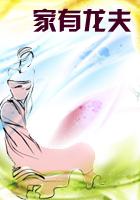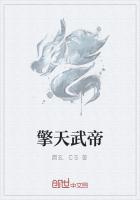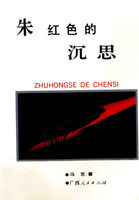But if, to supplement the picture, inevitably imperfect, which this gives, we turn to Herrick's own book, we learn little, biographically, except the names of a few friends,--that his general sympathies were with the Royal cause,--and that he wearied in Devonshire for London. So far as is known, he published but this one volume, and that, when not far from his sixtieth year. Some pieces may be traced in earlier collections; some few carry ascertainable dates; the rest lie over a period of near forty years, during a great portion of which we have no distinct account where Herrick lived, or what were his employments. We know that he shone with Ben Jonson and the wits at the nights and suppers of those gods of our glorious early literature: we may fancy him at Beaumanor, or Houghton, with his uncle and cousins, keeping a Leicestershire Christmas in the Manor-house: or, again, in some sweet southern county with Julia and Anthea, Corinna and Dianeme by his side (familiar then by other names now never to be remembered), sitting merry, but with just the sadness of one who hears sweet music, in some meadow among his favourite flowers of spring-time;--there, or 'where the rose lingers latest.' .... But 'the dream, the fancy,' is all that Time has spared us. And if it be curious that his contemporaries should have left so little record of this delightful poet and (as we should infer from the book) genial- hearted man, it is not less so that the single first edition should have satisfied the seventeenth century, and that, before the present, notices of Herrick should be of the rarest occurrence.
The artist's 'claim to exist' is, however, always far less to be looked for in his life, than in his art, upon the secret of which the fullest biography can tell us little--as little, perhaps, as criticism can analyse its charm. But there are few of our poets who stand less in need than Herrick of commentaries of this description,--in which too often we find little more than a dull or florid prose version of what the author has given us admirably in verse. Apart from obsolete words or allusions, Herrick is the best commentator upon Herrick. A few lines only need therefore here be added, aiming rather to set forth his place in the sequence of English poets, and especially in regard to those near his own time, than to point out in detail beauties which he unveils in his own way, and so most durably and delightfully.
When our Muses, silent or sick for a century and more after Chaucer's death, during the years of war and revolution, reappeared, they brought with them foreign modes of art, ancient and contemporary, in the forms of which they began to set to music the new material which the age supplied. At the very outset, indeed, the moralizing philosophy which has characterized the English from the beginning of our national history, appears in the writers of the troubled times lying between the last regnal years of Henry VIII and the first of his great daughter. But with the happier hopes of Elizabeth's accession, poetry was once more distinctly followed, not only as a means of conveying thought, but as a Fine Art. And hence something constrained and artificial blends with the freshness of the Elizabethan literature. For its great underlying elements it necessarily reverts to those embodied in our own earlier poets, Chaucer above all, to whom, after barely one hundred and fifty years, men looked up as a father of song: but in points of style and treatment, the poets of the sixteenth century lie under a double external influence--that of the poets of Greece and Rome (known either in their own tongues or by translation), and that of the modern literatures which had themselves undergone the same classical impulse. Italy was the source most regarded during the more strictly Elizabethan period; whence its lyrical poetry and the dramatic in a less degree, are coloured much less by pure and severe classicalism with its closeness to reality, than by the allegorical and elaborate style, fancy and fact curiously blended, which had been generated in Italy under the peculiar and local circumstances of her pilgrimage in literature and art from the age of Dante onwards. Whilst that influence lasted, such brilliant pictures of actual life, such directness, movement, and simplicity in style, as Chaucer often shows, were not yet again attainable: and although satire, narrative, the poetry of reflection, were meanwhile not wholly unknown, yet they only appear in force at the close of this period. And then also the pressure of political and religious strife, veiled in poetry during the greater part of Elizabeth's actual reign under the forms of pastoral and allegory, again imperiously breaks in upon the gracious but somewhat slender and artificial fashions of England's Helicon: the DIVOM NUMEN, SEDESQUE QUIETAE which, in some degree the Elizabethan poets offer, disappear; until filling the central years of the seventeenth century we reach an age as barren for inspiration of new song as the Wars of the Roses; although the great survivors from earlier years mask this sterility;--masking also the revolution in poetical manner and matter which we can see secretly preparing in the later 'Cavalier' poets, but which was not clearly recognised before the time of Dryden's culmination.
In the period here briefly sketched, what is Herrick's portion?

